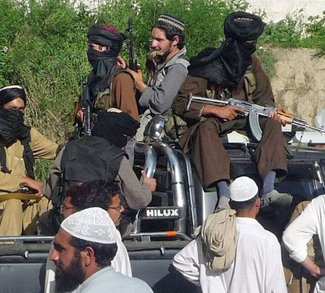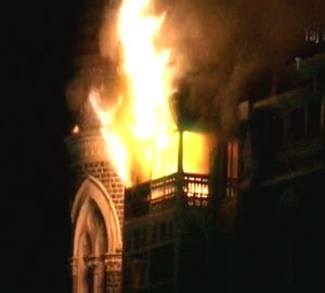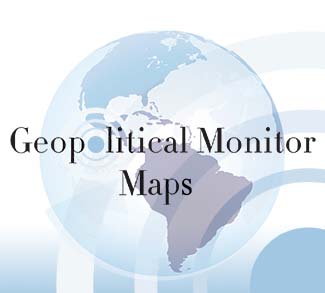Summary
The Pakistani government has seized the upper hand in their struggle against the Pakistan Taliban – a situation that is a far cry from the dark days of last April, when ‘state collapse’ was on the tip of everyone’s tongues.
Analysis
Last month’s successful assassination of Baitullah Mehsud, leader of the Tehreek-e-Taliban Pakistan (TTP) – a Pakistan Taliban umbrella organization – has achieved its goal of sowing discord in an already-tenuous TTP leadership structure. The subsequent capture of two other leading TTP militants (Maulvi Omar and Muslim Khan) by Pakistani security forces has no doubt further compounded disarray in TTP ranks. Although the TTP was eventually able to settle on a new leader in Hakemullah Mehsud, there is no indication that he has the personal charisma or experience necessary to reign in conflicting factions within the TTP.
Officials in Islamabad can relish in the fact that debate has now shifted to whether the TTP, rather than the Pakistani state, will be able to hold together.
On top of targeted strikes against the TTP leadership, the Pakistani government has also successfully carried out a wider push against militants in the NWFP. Moreover, this campaign may also come to be a regarded as a watershed in the fight against Taliban sympathizers within the security services.
Several commentators have raised the possibility that a cultural shift has taken place within the Pakistani security services. The theory posits that at some time during the Pakistan Taliban entrenchment in Swat, perhaps when militants abducted and executed three Pakistani army commandos, the security establishment’s ideological sympathy for Islamic militancy began to give way to bitter anger. If this is in fact true, then it stands to reason that optimism is well founded because complicity in the security establishment has long dogged attempts by the civilian government to reign in militancy.
Another positive sign comes from a renewed drive to form village militias, or “lashkars”, which are intended to keep Taliban militants at bay after government security forces have been withdrawn. While this isn’t the first time government-sponsored lashkars have been put to this kind of use, it is thought that the combination of a weakened TTP and widespread support for the government might be enough for the strategy to succeed this time. Militants however have been quick to respond, killing seven tribal elders whom were engaged in organizing a lashkar earlier this week.
Pakistan isn’t just focusing on the stick. The Zardari government is also coordinating with American officials on a charm offensive, targeting hearts and minds in the hope of extending a lifeline to beleaguered state institutions.
Capitalizing on widespread confidence in the wake of a successful military campaign in Swat, the Zardari government has decided to push its advantage and brave the gauntlet of legal reform in the FATA. The proposed reforms will allow for political parties to operate in the tribal regions beginning in 2013. Regardless of these policies success or failure, they are important insofar that they signify a willingness on the part of Islamabad to address the unfinished business of integrating the FATA into state institutions.
The Americans have also been doing their part to bring more people to the table. Richard Holbrooke, the U.S. special envoy to Afghanistan and Pakistan, has been meeting with hard-line Islamist groups in Pakistan. Jamaat-e-Islami (JI), a vocal critic of U.S. policy in the region, and Jamiat-e-ulema-e-Islam, a strong supporter of the Taliban in the 1990s, are two such groups. In the case of JI, Holbrooke even invited representatives to come inside the U.S. embassy to dispel the myth that there is a large contingent of Marines stationed there.
It seems that the Obama administration is leaning on the carrot to cleave moderate, anti-occupation elements off from the Taliban insurgency in Pakistan and Afghanistan. It’s possible that Pakistan is being used as a testing ground to see how these groups respond to American overtures. If the response is positive, President Obama may be inclined to embark on the considerably more politically tumultuous task of negotiations with Afghan Taliban splinter groups.
Taken together, these developments do not mean that Islamabad’s fight against the militancy has been won. But it definitely seems like victory is a possibility now.




